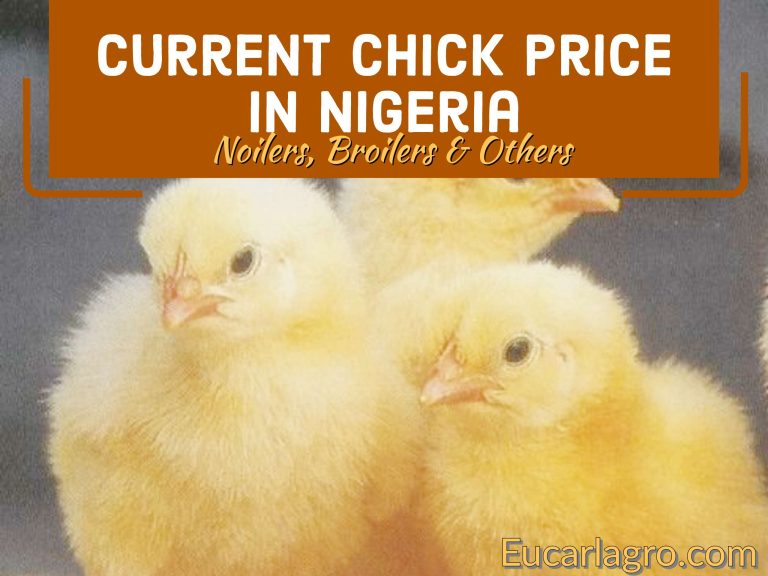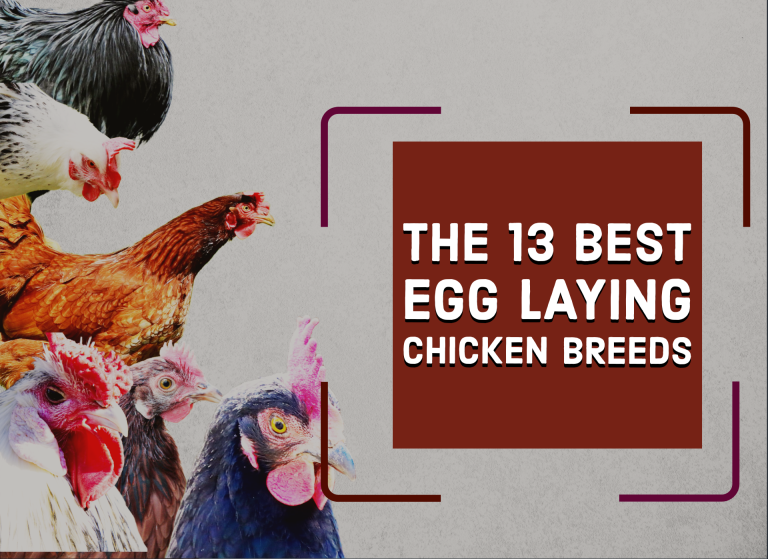How to Start Rabbit Farming Business
Keeping rabbits is an inexpensive way to begin a livestock business. The rabbit Farming Business is also a viable option for farmers with limited access to land. Animals such as rabbits are very small. They’re also extremely compact.
Bunnies are officially known as Oryctolaguscuniculus in the scientific community. If you have a backyard, you can raise rabbits there as well. It’s also a great way for housewives, stay-at-home parents, and students to make some extra cash.
Advantages of Starting a Rabbit Farming Business
Rabbit Farming Business is a lucrative agriculture business. Additionally, it provides farmers and entrepreneurs with a steady stream of income. Here are five reasons why rabbit farming is a wonderful career choice.
As the first point of reference, rabbits are small. As a result, they are more cost-effective in terms of resources such as floor space, food, and administration. Eating waste products is no problem for rabbits, and they are adept at getting the most protein from their diet. You can start a rabbit farm in your backyard, patio, or even your own house because of this.
First and foremost, Rabbit Farming Business require a relatively low beginning capital expenditure as compared to other livestock companies. The preparation of the house, the acquisition of breeds, the provision of feed, and the acquisition of equipment are all expensive.
It is also important to note that rabbits grow at a rapid rate. Like broiler chickens, it matures quickly. After 4 to 5 months, they are ready to be slaughtered. As a result, a speedy return on investment is guaranteed.
Fourth, rabbit is a healthy and delicious meal option. Lower in cholesterol and fat but greater in protein is what you get here. Rabbit meat is an excellent source of nutrition for people of all ages. Besides eating, you can also make money by selling rabbit skins and furs, as well as raising rabbits for breeding.
Because of this, rabbits are extremely prolific. Every 30 days, a female rabbit can give birth to 2 to 8 young, depending on the breed.

Profitability of Rabbit Farming Business?
To begin with, rabbits can be raised for a variety of purposes. Small, sustainable farming operations can benefit greatly from their help. Rabbit meat is, without a doubt, the most popular usage for this animal. Rabbits can be raised for a variety of reasons, including meat, fur, manure, breeding, and research.
Comparatively speaking, compared to the vast majority of meats consumed in the United States, rabbit meat is high in protein and low in all of those unhealthy things. On the global market, Europe accounts for the vast bulk of rabbits being raised. China comes in second place. It has recently emerged as a viable method of relieving poverty in developing countries as well.
How to Start Rabbit Farming Business: 7 Steps to Success
Starting a business like this can be done in a variety of ways. You can keep rabbits in your backyard or on a commercial rabbit farm. Before starting a business, you must write a business plan.
Additionally, your rabbit farming business plan should include a precise financial prediction. In addition, mention your company’s goals and marketing strategy.
1. Market Research
Prior to launching your firm, you must undertake a market study. Find out whether there is a market in your area for a certain breed of rabbit. In addition, locate rabbit farms in your area and get in touch with them. Find out how they sell themselves. Also, see if rabbits are in demand as a pet or for meat.
2. Check the Necessary License
The Animal Welfare Act safeguards rabbits in the United States. All people or enterprises engaged in the trade of rabbits must be registered or regulated by the APHIS.
Following state, county, or municipal guidelines, rabbits may also be commercially butchered. Across the country, there are only a few commercial slaughterhouses. In order to meet the demand for fresh rabbit meat in a limited market, small-species mobile processing plants may be an option.
3. Breeds of Rabbits Suitable for Commercial Rabbit Production
A wide variety of breeds can be found around the globe. If you’re looking for a specific breed, you’ll need to take into account your area’s agro-climatic conditions. These are the most productive rabbit breeds to consider for your own rabbitry.
- White Giant
- Grey Giant
- Angora
- American Chinchilla
- Checkered Giant
- Silver Marten
- Rex
- Champagne d’ Argent
- English Spot
- Flemish Giant
- Newzealand White
- Newzealand Red
- Californian
- Duch
- Siviet Chinchilla
4. Farming Techniques and Housing
Rabbits can be raised in one of two ways. The deep litter system and the cage system are two examples. However, in all circumstances, you’ll need to make sure your guests have comfortable accommodations. As a result, you must safeguard your rabbits from the elements, including rain, sun, and other predators, such as dogs and cats.
In the rabbit hutch, make sure there are working ventilation, cooling, heating, and lighting systems. In the winter, you need to take extra precautions. Insulated roofs, on the other hand, can be used to minimize excessive heat in the summer and to prevent condensation in the winter.
Additionally, make it a point to have a clean environment at all times. Keeping your farm clean is actually a good way to protect it from disease and pests. Make certain that the house has adequate lighting. Rabbits benefit greatly from light control, which is critical to their development and ability to reproduce.
5. Feeding
First and foremost, you need to feed your rabbits a nutritious diet. It is true that healthy nutrition is essential for a child’s health and development. Lucerne, Agathi, Desmanthus, and many sorts of kitchen wastes including carrots, cabbage leaves, and other vegetable wastes can all be eaten and consumed by rabbits.
If you’re going to serve meals on a pallet, you should also serve some greens. Additionally, ensure that the rabbits have access to enough water.
6. Breeding, Maintenance, and Care
Within the first five to six months of life, rabbits are eligible for breeding. At the age of one, employ the male rabbits for breeding so that you can produce high-quality offspring. Ensure that the rabbits you employ for breeding are healthy and of the correct age and weight.
The male rabbit utilized for breeding purposes and pregnant bunnies should be given special attention. A more productive farm is one that has been properly cared for and managed. Additional benefits include disease prevention and insect control.
7. Your Rabbit Farming Business Needs Promotion
Organic rabbits could fill a market void left by conventionally raised rabbit meat. Organically farmed rabbits might fetch a higher premium.
First, you need to find out what’s available in your own neighborhood. Establishing institutional clients is also necessary. Additionally, meat processing units could be a buyer for you. For direct sales, some producers butcher their own rabbits. Following state, county, or municipal guidelines, rabbits may also be commercially butchered.
Consider selling rabbits as pets or show animals, as well. ‘ There are literally tens of thousands of ways to get the word out about your Rabbit Farming Business operation in your neighborhood.






